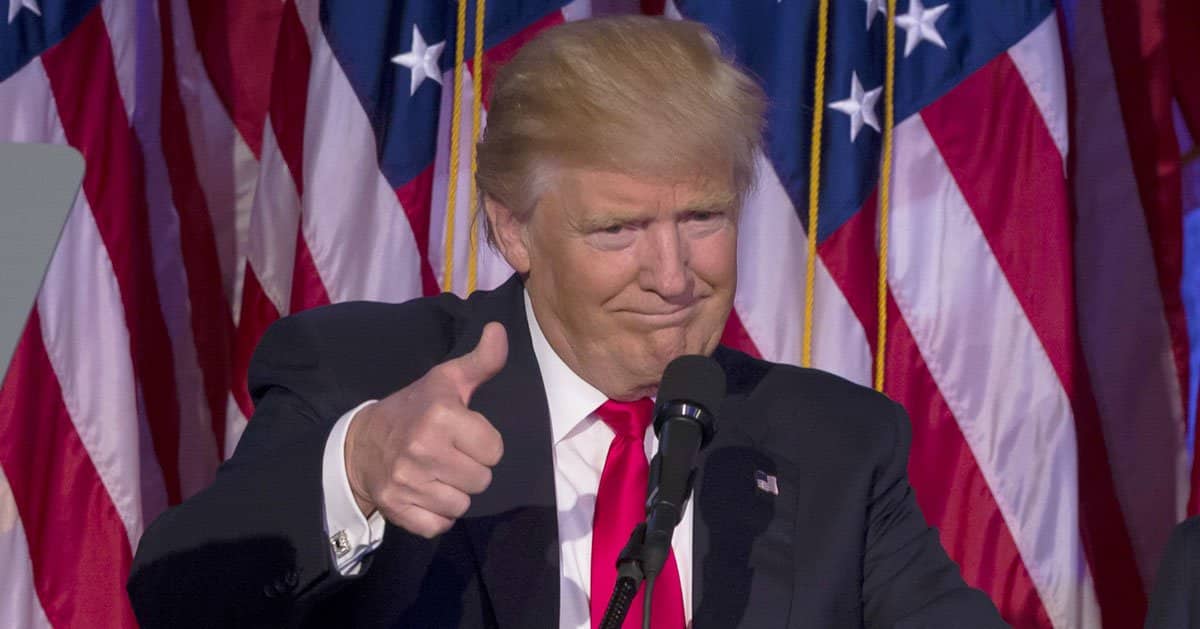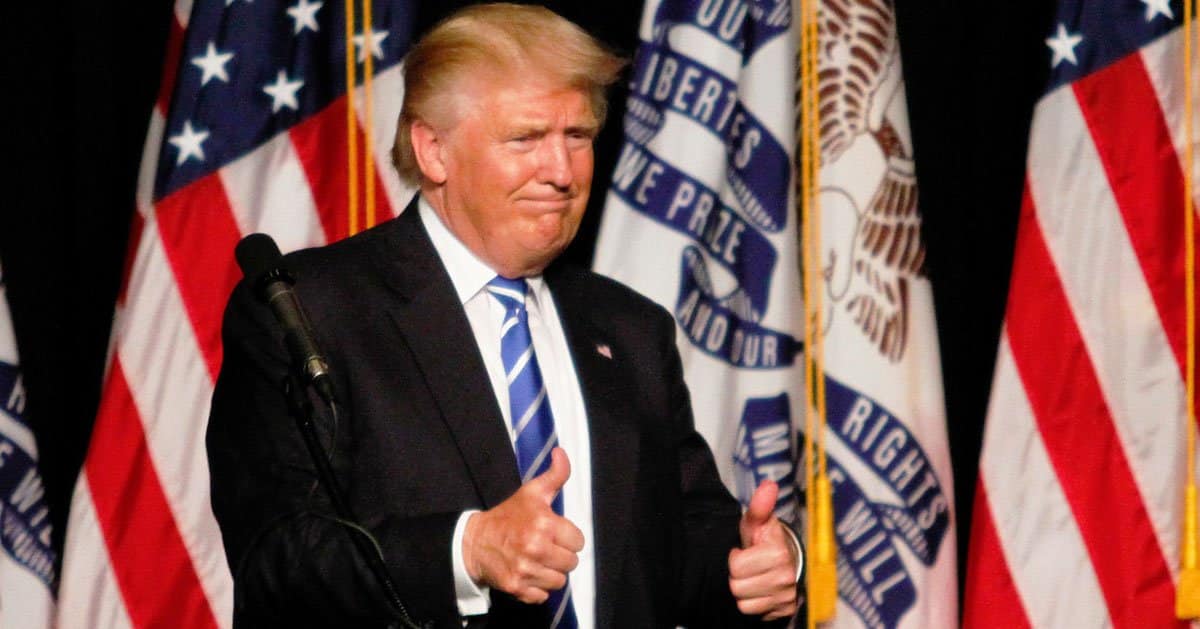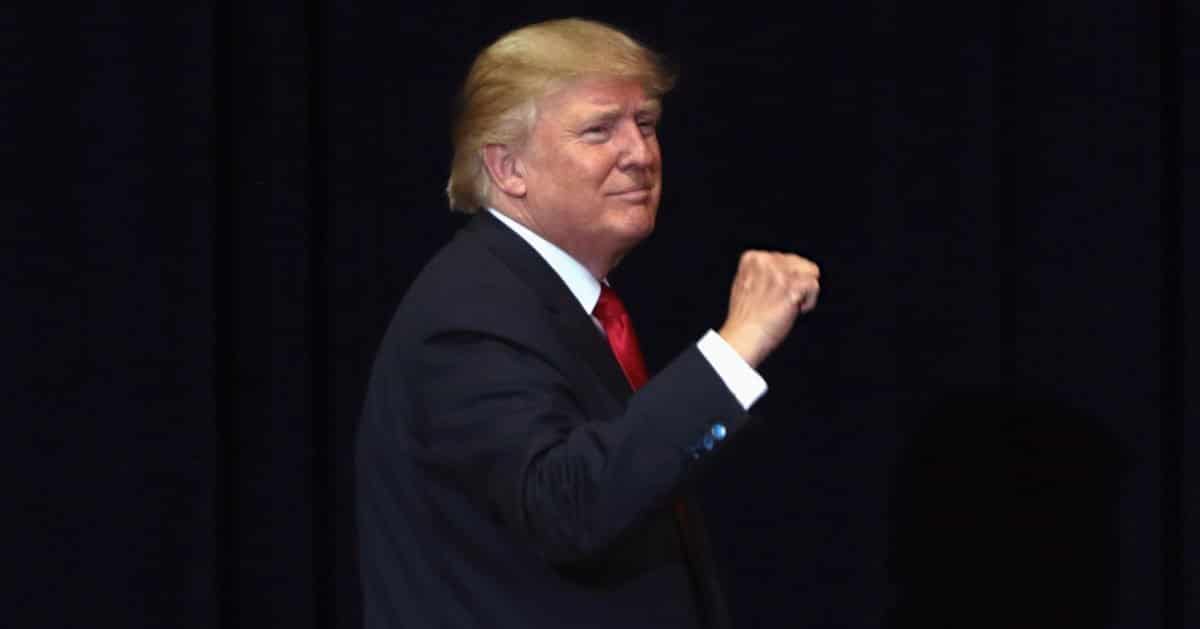








Vice President Kamala Harris faced scrutiny following her first interview since ascending to the Democratic presidential nominee position.
The Thursday night interview, conducted on CNN, revealed a demeanor that a body language expert described as lacking the confidence and presidential bearing required for the role.
Fox News reported that Harris was notably criticized for her downward gaze and head bobbling, which were interpreted as signs of uncertainty.
During the interview, which took place in Savannah, Georgia, Harris was joined by her running mate, Minnesota Governor Tim Walz.
This marked a rare appearance for Harris, who has largely avoided the press since stepping into her new role. The interview's setting was meant to highlight the campaign's outreach to key battleground states, but it was Harris' performance that became the focus of attention.
Susan Constantine, a body language expert, provided a detailed analysis of Harris' behavior during the interview.
Constantine noted that Harris frequently looked down while responding to questions, a behavior that she interpreted as a lack of confidence. According to Constantine, this habit of breaking eye contact diminishes the authenticity and fluidity of the speaker's message.
Constantine observed that Harris was often "consistently looking for acknowledgment" from Walz, suggesting that the vice president might have been seeking validation or support during the interview.
This observation was accompanied by Walz's own demeanor, which was characterized by pressed lips—a sign, Constantine suggested, of a more serious and collected mindset.
Constantine's analysis extended beyond eye contact to include Harris' tendency to bobble her head when struggling to find the right words.
The expert explained that this movement often indicates a mental search for the appropriate response, revealing a lack of confidence in the answers being provided.
"When you bobble and waffle like that, that's another signal that she's not really prepared," Constantine said, emphasizing that this behavior undermines Harris' authority.
Harris was asked twice about her "day one" agenda during the interview but failed to provide specific directives. Instead, she offered broad, non-committal answers, which Constantine suggested further indicated Harris' uncertainty and lack of preparedness.
The expert pointed out that the absence of clear answers contributed to the perception that Harris was not fully confident in her plans for the presidency.
The implications of this analysis for Harris' campaign are significant. As the Democratic presidential nominee, Harris is expected to project confidence and decisiveness, qualities that are crucial for gaining voter trust and commanding respect on the national stage.
Constantine's observations suggest that Harris' current presentation may not meet these expectations, potentially impacting her ability to rally support in the upcoming election.
Harris' reliance on Walz for validation during the interview also raises questions about her leadership style and independence as a candidate.
The need for acknowledgment from her running mate may suggest that Harris is not fully comfortable in her new role, which could be a point of concern for voters looking for a strong, decisive leader.



